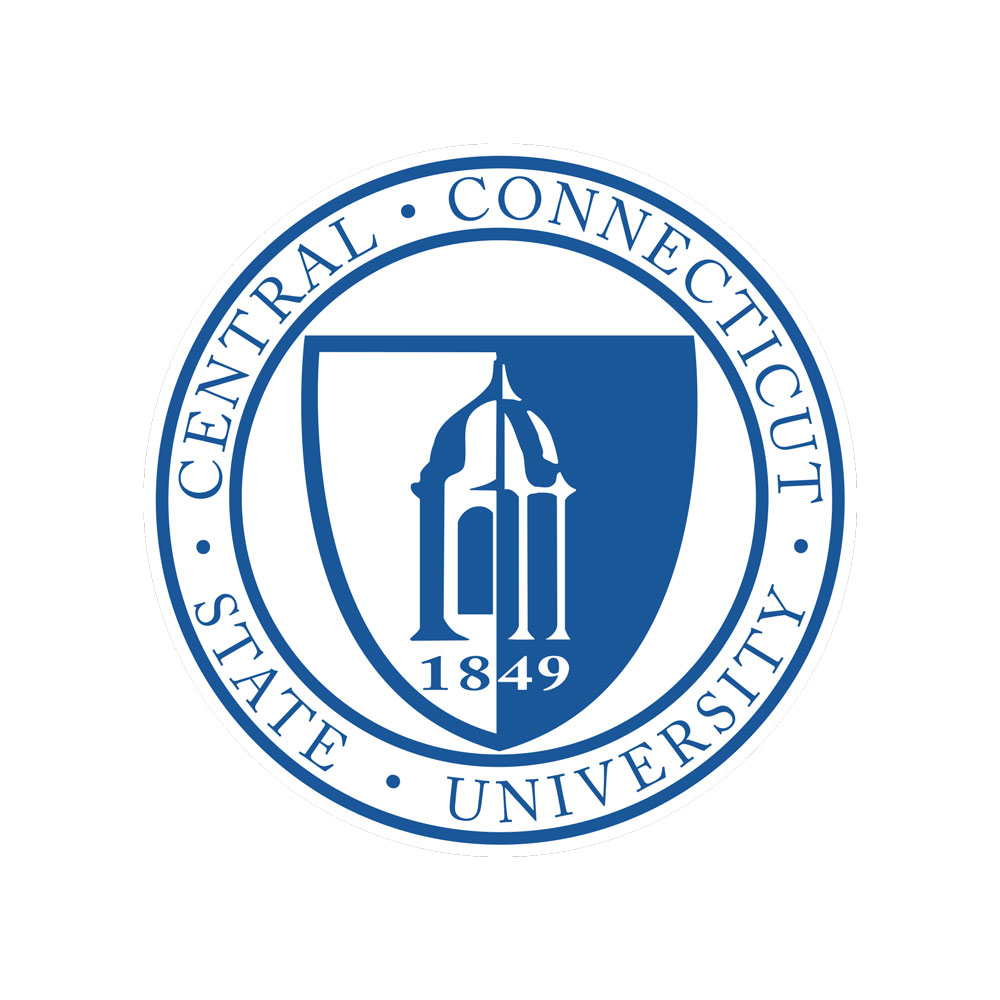
Curriculum
This is an unofficial description for this program. For official information check the Academic Catalog.
Program Rationale:
The Master of Arts degree in Applied Linguistics offers two tracks. One is in the Teaching of English to Speakers of Other Languages (TESOL), which prepares classroom teachers of English as an additional language at all levels, from children to adults and here in Connecticut or anywhere in the world. The second track is in Language Policy and Planning (LPP), which prepares specialists in social and educational policy related to language for the public, non-profit, and private sectors.
The TESOL track prepares teachers to use effective methods to meet the varying instructional needs of students of English as an additional language while encouraging such students to maintain their native languages and cultural competencies. Students receive a thorough grounding in practical skills and methods of language teaching to develop communicative competence and appropriate academic skills in English and to become professionally competent on issues involving the nature of language and language acquisition and the role of language in society.
The LPP track prepares policy specialists with a thorough foundation in cognitive and social aspects of language that can inform a career guiding educational and institutional policies on language use, pedagogy, linguistic diversity, and multilingualism. Students also develop skills in the tailoring and critique of language policies (including language education policy) that can be implemented in a broad range of contexts.
Program Learning Outcomes:
Graduates of the program in either track will be able to:
1) Analyze and interpret linguistic phenomena using current linguistic theory (what language is), including:
a) Use theories of syntax to gain substantial insights into the grammatical structure of sentences and related utterances in English and other languages
b) Use theories of phonology to gain substantial insights into the sound systems that underlie the articulation and comprehension of English and other languages
c) Use sociolinguistic theory to gain substantial insights into the use, diversity, status, and policy norms of English and other languages
2) Analyze and interpret linguistic phenomena using current theories of second language acquisition (how language is learned), including:
a) Use cognitive theories relevant to second language acquisition (SLA) to gain substantial insights into the stages and processes of language development in learners of all ages and backgrounds
b) Use social theories relevant to SLA to gain substantial insights into the language development of all social actors in a diverse range of contexts
3) Produce effective materials relevant to the practice of applied linguistics, including lesson plans for language learning and clearly articulated policy position papers.
In addition, students in the TESOL track will be able to:
4) Design, implement, and assess lessons and curricula in TESOL using current methods and best practices in the profession (how language is taught), including:
a) Evaluate a wide range of teaching methods and strategies and integrate them into lessons and curricula in a way that optimizes learning
b) Design lesson plans and broader curricular units based on institutional, governmental, or professional standards that connect learner needs to a variety of classroom activities
c) Implement lessons that are informed by immediate learner needs and that create opportunities for learners to construct knowledge in a supportive, interactive environment
d) Integrate the four language skills of listening, speaking, reading, and writing with a wide range of content knowledge in motivating lessons
e) Use a wide range of authentic and sheltered materials in lessons to address language and content objectives for a variety of learners
f) Use assessment tools, collaboration with colleagues, professional development opportunities, and institutional resources to improve student learning, augment teaching repertoires, and advocate for learners
Finally, students in the LPP track will be able to:
5) Design, implement, and assess institutional language policies based on current research and theory (how to guide language use), including:
a) Integrate a broad range of theories, models, and variables from the study and practice of language policy and planning
b) Address the complexities of individual and societal multilingualism within specific institutional contexts
c) Produce practical policy recommendations based on the needs of specific institutional contexts
d) Reflect on methods for assessing the effectiveness of policies and the fit between linguistic realities and goals
Admission Requirements:
To qualify for the Master of Arts degree program in Applied Linguistics, an applicant must meet the following requirements: (1) have demonstrated an advanced level of proficiency in standard academic English (by submitting a completed copy of our program’s English Proficiency Form), (2) have completed at least three credits of study in a second language (non-native speakers of English may use English to satisfy this requirement), and (3) have a GPA of 3.00 on a four-point scale both in overall undergraduate and (if applicable) graduate course work.
An applicant who does not meet the 3.00 GPA requirement but has a cumulative GPA at or above 2.40 might be admitted conditionally (based on additional evidence of academic potential provided in the Letter of Application) at the discretion of the department.
Applicants must submit the following to the Graduate Recruitment and Admissions Office:
- Graduate Application Form;
- Official TOEFL iBT score of 79 or higher, if required to do so based on the English Proficiency Form;
- Official undergraduate and (if applicable) graduate transcripts from every institution attended except CCSU; and
- Application fee.
Applicants must also submit to the English Department (Attn. TESOL Coordinator), at the same time that application materials are submitted to the Graduate Recruitment and Admissions Office:
- Letter of application detailing reasons for wishing to pursue graduate study in Applied Linguistics, the preferred track (TESOL or LPP), and career plans and goals in Applied Linguistics;
- A completed copy of the program’s English Proficiency Form
No applications will be considered until all materials have been received. Applications will be evaluated by the department on an ongoing basis.
Before degree candidates register for course work they should read the program handbook and consult with their assigned advisors at the start of their programs. Additional information may be obtained from the advisor and in this catalog under General Information.
Course and Capstone Requirements:
This program offers two Track options, either TESOL or LPP. For the capstone, the TESOL track allows two options, Plan A (36 credits, including a thesis) or Plan B (36 credits, plus a comprehensive examination), while the LPP track allows only one option, Plan A (30 credits, including a thesis). See the TESOL Program Handbook for additional details and requirements of these tracks and capstone options.
Applied Linguistics Core (15 credits; required for either track):
LING 500 Advanced Linguistic Analysis 3 Credits
LING 507 Second Language Acquisition Theory 3 Credits
LING 512 Syntactic Theory 3 Credits
Track in Teaching English to Speakers of Other Languages (TESOL): Students must complete the Applied Linguistics Core, plus another 21 credits, including:
One TESOL Elective, from the following (3 credits):
LING 514 Variation and Discourse Theory 3 Credits
LING 530 Advanced Topics in Applied Linguistics 3 Credits
LING 531 English Historical Linguistics 3 Credits
LING 533 Second Language Composition 3 Credits
LING 537 Advanced Issues in Multilingualism 3 Credits
LING 538 Methods in Second Language Content Instruction 3 Credits
RDG 581 Language Arts Instruction for the English Learner 3 Credits
One Education Elective, from the following (3 credits):
EPS 500 Contemporary Educational Issues 3 Credits
EPS 516 School and Society 3 Credits
EPS 524 Foundations of Contemporary Theories of Curriculum 3 Credits
EPS 525 History of American Education 3 Credits
EPS 528 Comparative and International Education 3 Credits
TESOL Capstone (3 credits, either Plan A or Plan B), as follows:
or Comprehensive Exam and one additional TESOL Elective course, as approved by advisor.
Track in Language Policy and Planning (LPP): Students must complete the Applied Linguistics Core, plus another 15 credits, including TWO LPP Electives from the following:
Plus, one general policy elective from the following (or as approved by the advisor):
LPP Capstone (6 credits, Plan A only), as follows:
Total Credit Hours: 36
Additional Information (for both tracks)
All planned programs and course sequences should be approved by a TESOL advisor prior to registration. Degree candidates must file a planned program before completing 16 credits of graduate course work.
Students in the TESOL track may elect Plan A only with the approval of an advisor and second reader in the program. Plan A students take LING 598 first and then LING 599 while writing the thesis. The Graduate Studies Office provides a useful Handbook about Thesis preparation and formatting.
Plan B students take one additional elective course from the TESOL Elective list above. Comprehensive Exams involve five questions, which are scored up to 20 points each. A student must earn a minimum of 80 points total on the five questions in order to pass the exam. If a student fails, the entire exam must be retaken. The exam is offered only twice per year and can be attempted only three times. Students may not switch to Plan A after a failed attempt at the exam.
It is expected that a degree candidate will have control of the English language beyond mere communicative adequacy. It shall be the joint decision of the TESOL faculty whether a degree candidate's control of spoken and/or written English is appropriate to the profession. The faculty will recommend various remedies for any candidate whose proficiency in Standard English is deemed deficient.



